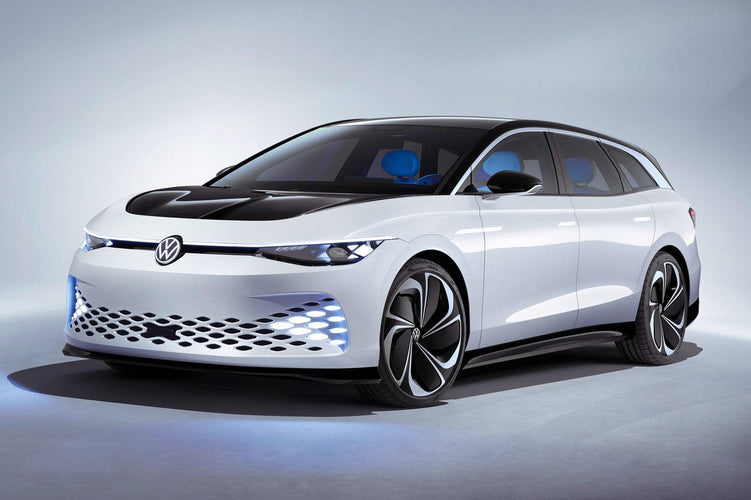Tesla has finally lost its fist position as the new energy automobile in the European market.
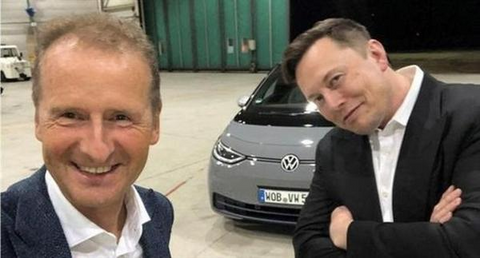
Recently, the top 20 electric vehicle sales list of eleven countries in the European market in 2021 was released. Unexpectedly but also reasonably, Volkswagen surpassed Tesla (115,700) with 124,300 vehicles sold and won the top place of the list. European consumers are still very traditional when choosing a car, and prefer to choose the old brands even for the new energy cars.
In the European market, except Tesla, which ranks second on the list, the top ten rankings are all the old car giants that we are familiar with. Renault, Hyundai, Peugeot, Kia, Audi, etc. It seems that these brands have established a "base" in Europe.
So the question is whether these new brands like Tesla can compete with the old car giants when these giants are also starting to focus on the new energy market?
If I have to choose, I will probably vote for those old manufacturers. This is because I always believe in the power of their system and the power of the OEM. I've always believed that once the million-dollar OEM system turns to EV production, it’s hard to resist their outcomings.
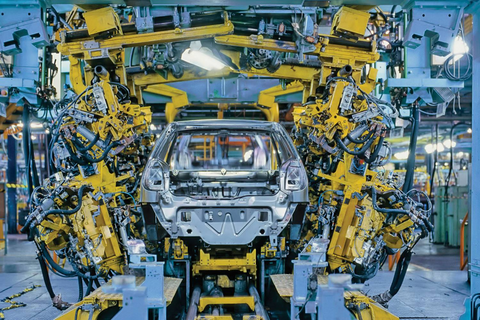
The three traditional crucial automobile parts, although no longer occupy such an important position as before, better assembly technology, better parts fitment, and better chassis tuning is still the criteria for a good car. And for this point, the new car manufacturers seem to need more time to figure it out. After all, the technique it requires still needs time to acquire.
Now there is no doubt that the old car giants have all already started to put their efforts on electrification. At last year's IAA, BMW, Mercedes and Audi already announced their electrification roadmap to 2025.
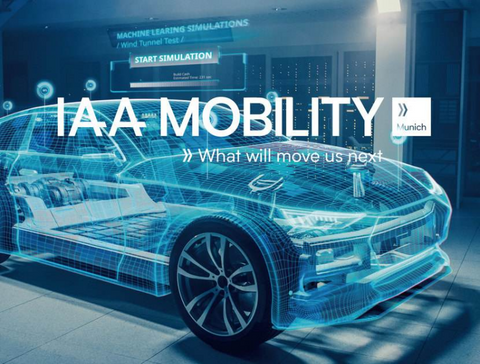
What’s after is what we have all seen. Mercedes-Benz has the plan of EQ series ready; the Volkswagen ID. series is also complete. Of course, it is not only the German brands that are aiming at electrification, French brands also. In fact, Renault already had this plan. Back in the middle of last year, they announced that they would electrify 90% of their products by 2030.
Just a few days ago, Renault announced to accelerate this plan, and its target KPI has raised 100%. Obviously, they are determined. For Renault, which can still sell nearly 2.7 million vehicles in the global market in 2021, what prompted them to make such a decision?
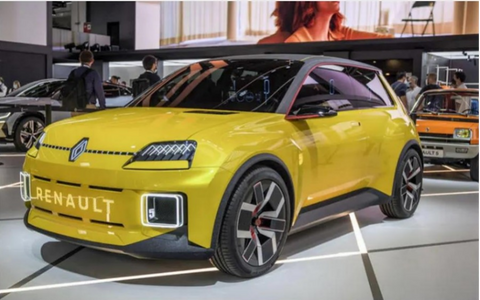
For these giants, the design and manufacturing capabilities are already available, and the speed of product serialization is far from the new forces who started from scratch. Whether it is oil to electricity or a new platform, they have the ability to greatly shorten the time and cost.
Does this mean that there’s no chance for these emerging new car manufactures? No one can draw such a certain conclusion. There is a question behind it, that is, are electric cars equal to smart cars?
The energy model of pure electric vehicles is still a direction worth exploring. After all, the ultimate purpose of new energy vehicles is to save energy and reduce emissions, and reduce the pollution that may be generated during driving, and electrification is just a direction that we are still trying and discussing.
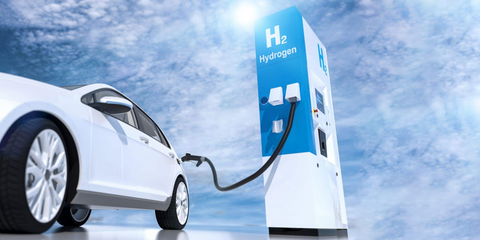
At present, hydrogen fuel cell vehicles still seem to be a better choice. As long as the problem of fuel transportation costs is solved, its energy replenishment time obviously makes it have more advantages regarding competing with electric vehicles. Therefore, when we talk about innovative cars, in fact, electrification is not the definition of it.
But one thing is certain, that is the direction of cars is smart cars. For now, almost everyone in the automobile industry is working hard to make smart cars become a reality, and build a comfortable mobile travel space for the public. Whether it is because of technical bottlenecks or limited by laws and regulations, all the car manufacturing giants are stuck under the L3 intelligent driving assistance level. At this point, all car brands can do is to create a more technologically intelligent cockpit for users to have a better human-computer interaction experience. The difference is just whether it is easy to use or not.
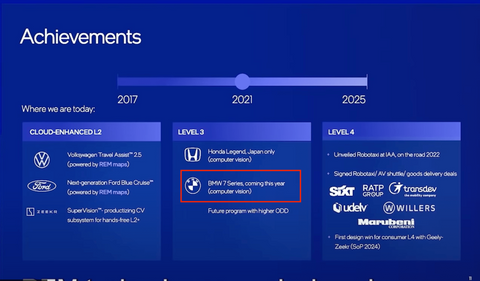
At the end of last year, the L3-level intelligent driving assistance of the Mercedes-Benz S-Class obtained the license to be legally used on the road in Germany; at the same time, at the CES exhibition, Mobileye also announced the name of BMW 7 series which implies BMW's L3 era should arrive soon.
Audi even put more efforts, as early as in 2019, it stopped its research and development of L3-level intelligent driving assistance, and focused on better developing L2-level intelligent driving assistance, while directly jumping to the development of L4-level autonomous driving.
However, the future of cars seems to have more possibilities than just smart cars, it is definitely too early to say who can win at this game now. After all, the most exciting battle between the new and old car manufacturing giants just began.
Who will win? We don't know yet, but it is for sure going to be an exciting battle!


